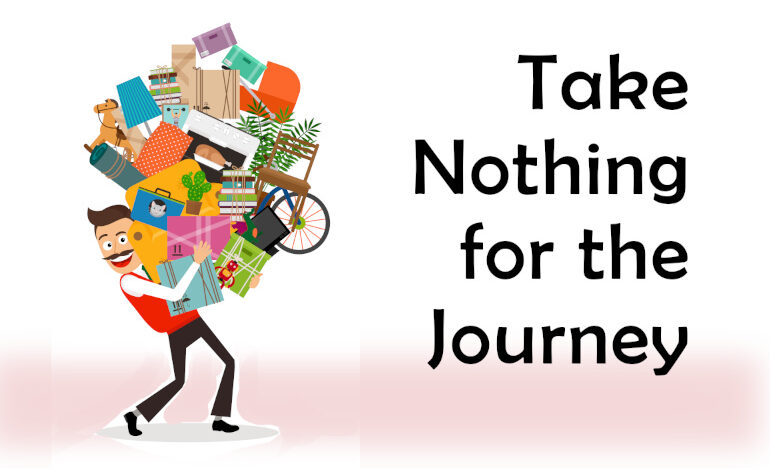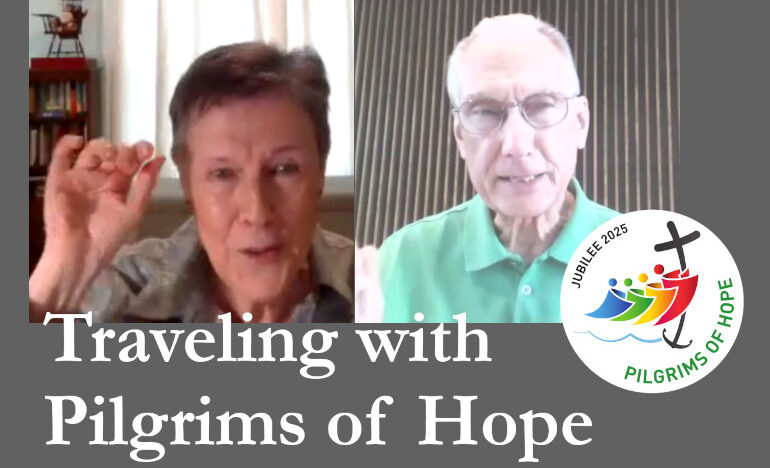What to do with Anger

An Assembling God’s Puzzle video
By Fr. Garry Richmeier, C.PP.S.
Anger is one of the puzzle pieces of life we have to figure out what to do with. In some religious traditions, anger has been called a sin. But anger is just another human emotion, like sadness or joy. It got labeled a sin probably because people so often do hurtful things when they get angry.
We’ve all probably said something like “That makes me angry!” That statement implies that something has control over my emotions and I am like a puppet without any choice in the matter. Then the “automatic” actions/reactions follow, and things usually don’t end well. If we realized we are free to react to things in any way we want, we could choose a reaction that causes us less pain, suffering, and hassle. So how do we do that?
One helpful thing is to practice becoming aware that most anger is a secondary emotion. What precedes anger is usually the feeling of hurt. For example, someone cuts me off in traffic and I feel that my right to safety has been hurt, or that I’ve been disrespected, and that hurts. Or someone embarrasses or shames me in public, and it hurts my reputation. Or someone criticizes/disrespects my family, my religion, my political party, and it hurts.
Hurtful things feel like I’m being damaged in some way, and must defend myself. And as the saying goes, the best defense is a good offense, and we almost automatically go to anger. Anger gets the adrenalin pumping, and we focus on bringing all our resources to bear on who/what has angered us. Our attention is no longer on the hurt and figuring out how to heal the hurt, but on getting rid of the attacker. We go into counterattack mode, or the “eye for an eye, tooth for a tooth” mode, or the revenge mode. It causes us many problems.
No one really enjoys feeling angry. But anger feels “less bad” than feeling hurt to most of us, and if we have a choice, we will choose anger. When we feel hurt, it feels like we are the helpless victim. When we are enraged, we feel powerful, in control, and we are calling the shots. We want to avoid the feeling of hurt so much that we may automatically jump to anger without even realizing that we felt hurt to start with. Without that realization, we won’t be able to acknowledge the need for healing, and we may carry around the open wound for a long time.
Our entire legal system often operates as a controlled, socially acceptable expression of anger rather than as a promotion of healing. When someone hurts another, the system focuses on punishment and revenge against the perpetrator (which some call justice). It is an “eye for an eye, tooth for a tooth” system, and is especially evident when it comes to capital punishment. There is very little focus on healing the hurt the victim has experienced. When the perpetrator has been “dispatched,” the incident is considered over with. And the victim is left to deal with the hurt on their own. The concept of “Restorative Justice” is an alternative way of operating, and is worth being aware of if you are not already.
So how can we avoid letting anger control us and sometimes ruin things for us? First of all, we need to become more aware of the hurt that precedes anger in any given situation. Thinking of how that worked when we’ve gotten angry in the past is a good practice in this regard. Then we need to discern whether the feelings of hurt are real or just imagined.
For example, an insult has no way of hurting or damaging who we are — it is just another’s opinion. It may feel like I’m being hurt, but it really has no effect on who I am. If the hurt is real, we take steps to keep it from recurring without perpetrating the same hurt on another. Restraining someone’s actions to keep them from hurting another again would serve this purpose, and executing them would not be necessary. And finally, bring together whatever resources are needed to help promote healing the hurt. This could include others in the community, the legal system, and even the perpetrator himself/herself when appropriate.
Acknowledging the hurt and dealing with it leads to wholeness and healing. Ignoring the hurt and jumping immediately to anger leads to more hurt and suffering, usually in the form of revenge. We do ourselves a favor if we put our focus and energy into healing rather than wasting it on anger.
All of the videos in this series can be found here: Assembly God’s Puzzle.
Never miss an article published on the Renewal Center website: Sign up to receive our newsletters.
[Fr. Garry Richmeier, a Precious Blood priest and spiritual director, holds a Master’s of Divinity Degree from St John’s University in Collegeville, Minnesota, and a Master’s of Counseling Psychology degree from the University of Missouri-Kansas City. He is a licensed professional counselor and a licensed marriage and family therapist.]
Photo 103953692 / Anger © Studio Grand Web | Dreamstime.com
Related

Take Nothing for the Journey
An Assembling God’s Puzzle video
By Fr. Garry Richmeier, C.PP.S.
Jesus’ teaching about what to take on a journey — nothing — is actually good advice for building trusting relationships. Don’t bring your “stuff” into the relationship; listen deeply and respec their views and situation, understand their struggles.

Pilgrims of Hope, Episode 6: Walking with Cancer Survivors
Hosted by Fr. Ron Will, C.PP.S.
We are talking with people who find hope amid difficult circumstances or bring hope to others. In this episode, Kathy Keary talks about how centering prayer, journaling and other spiritual practices helped her cope with two life threatening health issues.
Categories
Assembling God's Puzzle Coffee with Padre Cooking & Spirituality Encounters of the 4th Kind Family Matters Reflections on the Eucharsitic Prayers Spiritual Resources Taize Prayers The Contemplative Life Traveling with Pilgrims of Hope Uncategorized Videos Week of Prayer for Uhristian Unity When you need a little help
